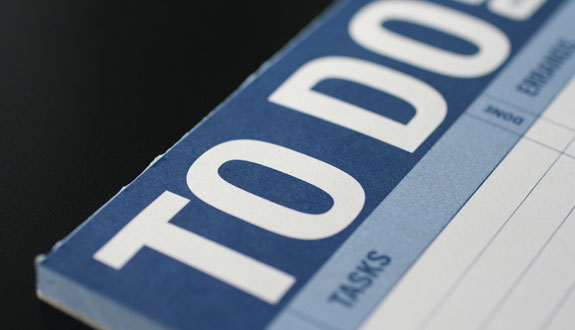
It’s the most wonderful time of the year! No, I’m not talking about the impending equinox or recent Jewish holidays, but that other gift from on high: the September LSAT. Admittedly, not everyone gets as excited about the test as I do, but luckily my esteemed colleagues have been providing you with all sorts of valuable advice, such as what to do this week, or how to plan a dry run, so I’ll leave the role of guide/counselor to them. But you must be wondering, after Saturday, will any of this ever matter again? It is this age-old question that I will address today.
To clarify, there are two things that I am not talking about in this post. The first is the obvious fact that the LSAT is very important when it comes to getting into law school, and in that respect it will matter a lot even after Saturday. Also, there are numerous studies and theories that examine correlations between LSAT scores and law school grades during 1L. I’m also steering clear of that subject for now, largely because I haven’t gotten any grades yet and I’m not a big fan of jinxing myself. So that too will be saved for another time and place.
What I will share with you is how similar the LSAT skills you (hopefully) have spent the past three months learning, eating, sleeping and breathing are to those you’ll be using over the next three years. Of course, this is just based on my casual observations after a few weeks of school, but hopefully it can give you a general idea. So here they are, broken down by section.
Logic Games:
I’m starting here because it’s the easiest one to address. After all, everyone knows that solving the LSAT games section is the second most pointless activity known to man, right after Tweeting (yeah that’s right, I said it). It’s a shame because I love logic games, but unless you are going to freelance as a wedding reception seating chart maker, (by now you could probably make the Capulet/Montague in-laws happy in under eight minutes and forty five seconds) there is no feasible way you will use those skills in anything other than your free time again. I’ve yet to apply them at all in law school.
Logical Reasoning:
So this one is a little more applicable, although it isn’t really panning out in terms of class performance. Sure, when you read a court decision, you can certainly think about any flaws or assumptions you see and how it could be stronger or weaker. I would even argue that you should. But it often doesn’t matter all that much during class discussions. For starters, judges can do the same thing and when the majority opinion seems lacking they write a handy little blurb called a dissent to articulate those exact problems. You might feel a little glow of pride when Justice Ginsburg validates your ideas, but the fact is she did it first (and likely did it better).
Secondly, contrary to what you learned from Legally Blonde, law school professors are not generally interested in a 1L’s ability to perform logical gymnastics. Instead, they want you to learn the law. As it is. One day you may get to argue that precedential decisions are just riddled with fallacies and should be changed. Or you might get to present information to strengthen or weaken an argument in court. But, sadly, that is not how it works while you are in law school. So LR skills can make your reading a little more fun, but as a 1L, that seems to be where it ends.
Reading Comprehension:
So here it is. Reading comprehension is generally the section least enjoyed by students, but most needed. These skills have come in handy. I mean, I always knew how to read, but being able to read dense material quickly and to be able to understand a passage in preparation for unpredictable future questioning is an activity that I am glad I practiced. After reading a short essay on legal theory I’ll still find myself, somewhat shamefully, scribbling out the main point and the author’s attitude in the margins. After I’ve been in the library for a little too long, I’m more than happy to bring back those old speed reading skills.
There you have it. These are my humble observations, and my reassurance to you that some of this will matter (at least a little bit) in the future. So take it easy the next few days, best of luck on the test, and try not to get into any serious trouble afterward.



